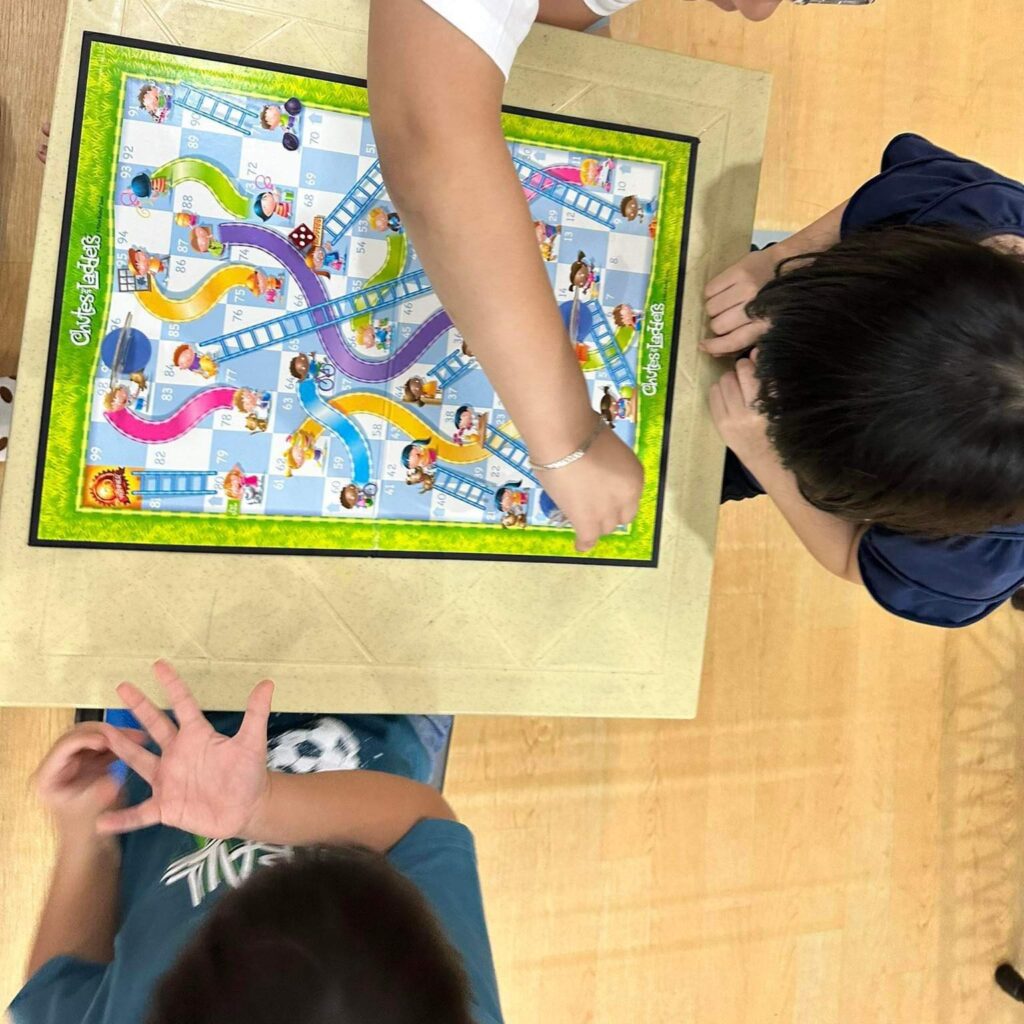Instilling in children the significance of taking turns and cultivating patience is crucial for their social and emotional development. Learning to wait their turn promotes patience and self-discipline, while also nurturing empathy and awareness of others’ needs. These skills form the foundation for effective communication and teamwork, which are vital in both personal and professional environments. Moreover, the practice of taking turns boosts cognitive skills, such as focus and problem-solving, setting children up for academic achievement. In the end, fostering these skills in children nurtures resilience and provides them with essential tools for gracefully and respectfully handling life’s challenges.
Developing waiting skills and learning to take turns are crucial for children’s social, emotional, and cognitive development. Here’s why:
- Social Skills: Waiting and taking turns teach children how to interact with others in a respectful and cooperative manner. It helps them understand the importance of sharing and considering others’ needs and desires. These skills are important for building positive relationships with peers, family members, and eventually, colleagues in the future.
- Patience: Waiting for their turn helps children develop patience and self-control. They learn that they can’t always have what they want immediately and must wait for their chance. Patience is a valuable skill that enables children to cope with frustration and delay gratification, which are essential for success in various aspects of life.
- Empathy: Waiting and taking turns also foster empathy. When children have to wait for their turn, they learn to recognize and understand others’ feelings and perspectives. This understanding forms the basis of empathy, which is crucial for forming meaningful relationships and resolving conflicts peacefully.
- Communication Skills: Taking turns in conversations and activities requires effective communication skills. Children learn to listen attentively to others, express their thoughts and ideas clearly, and negotiate with their peers. These communication skills are vital for effective collaboration and teamwork in both personal and professional settings.
- Cognitive Development: Waiting and taking turns support cognitive development by enhancing children’s executive functioning skills, such as attention, planning, and problem-solving. As children wait for their turn, they engage in activities that stimulate their cognitive abilities and encourage strategic thinking.
- Resilience: Learning to wait and take turns also contributes to the development of resilience. Children learn to cope with setbacks and disappointments when they don’t get what they want immediately. This resilience helps them bounce back from challenges and setbacks later in life.
Overall, teaching children waiting for skills and the importance of taking turns lays a strong foundation for their social, emotional, and cognitive development, equipping them with essential skills for navigating various social situations and succeeding in life.

